Justice Scalia Cites the Talmud
An Exegesis by Michael Hoffman
An Exegesis by Michael Hoffman
Supreme Court Opinion: Caperton v. A. T. Massey Coal Co
In a 5-4 decision released on June 8, 2009, the Supreme Court ruled for the first time that the Constitution can require an elected judge to step aside in a particular case based on campaign spending in state judicial races. The majority ruling in Caperton v. A. T. Massey Coal Co., No. 08-22, was written by Justice Anthony M. Kennedy. Joining Chief Justice John G. Roberts Jr. in dissent were Justices Antonin Scalia, Clarence Thomas and Samuel A. Alito Jr.
In his dissent Scalia wrote:
"A Talmudic maxim instructs with respect to the Scripture: “Turn it over, and turn it over, for all is therein.” The Babylonian Talmud, Tractate Aboth, Ch. V, Mishnah 22 (I. Epstein ed. 1935).
"Divinely inspired text may contain the answers to all earthly questions, but the Due Process Clause most assuredly does not.
"The Court today continues its quixotic quest to right all wrongs and repair all imperfections through the Constitution.
"Alas, the quest cannot succeed—which is why some wrongs and imperfections have been called nonjusticiable. In the best of all possible worlds, should judges sometimes recuse even where the clear commands of our prior due process law do not require it? Undoubtedly.
"The relevant question, however, is whether we do more good than harm by seeking to correct this imperfection through expansion of our constitutional mandate in a manner ungoverned by any discernable rule. The answer is obvious."
Hoffman's Analysis
Rabbi Ben Bag Bag in the Mishnah passage cited by Scalia is allegedly referring to constant rabbinic analysis of the Torah. Scalia claims that the rabbi is saying it is necessary to analyze the Torah over and over; by doing so one will discover all truth and wisdom therein. Scalia seems to be stating one can't say the same about a single clause of the Constitution.
The majority of the justices from whom Scalia dissents have ruled that it is their understanding of the “Due Process Clause” that a judge who is obligated to a donor in some circumstances must recuse himself from a case involving the donor.
Scalia "seems" to be saying (one can't be absolutely certain because his writing, far from being "obvious," suffers from the legalese that lawyer-priests routinely use to obscure their judgments), that certain judges treat the Constitution as if it were Scripture. They search a single clause in the Constitution for truth and wisdom like rabbis search a single verse from a "Divinely inspired text."
Scalia's ruling seems to be a species of liberal anarchism: one can't find truth and wisdom in too close a study of the Constitution. He appears to be stating that unlike the Bible, the Constitution is not so authoritative that it contains everything necessary to reach a correct legal decision, and unlike rabbis, who are right to “Turn it over, and turn it over, for all is therein," Supreme Court justices are wrong to put this emphasis on the Constitution.
There are other significant problems with Scalia's employment of the Talmud text in this context, including but not limited to his abysmal ignorance of the Talmud, which probably is due to the fact that he is a goy who studies the Talmud with Chabad-Lubavitch rabbis who are not exactly paragons of integrity when it comes to parsing the mysteries of the Talmud for the sake of the goyim.
1. Within the context of Scalia's opinion we must ask, if the Constitution cannot be relied on to this degree, to what degree can it be relied on and what are the limits of its authority?
2. Since the rabbis falsify the Bible with their Talmudic exegesis, and since their self-ordained mandate to "repair all imperfections" ( tikkun olam) is based on the intervention of Judaic brain power to "improve" and "correct" God's supposedly flawed creation, Scalia's analogy fails as a model dichotomy of proper and improper attitudes toward enshrined texts.
3. Based on Scalia's past utterances and the prestige he lends to rabbinic gatherings by his uncritical presence at their meetings, we feel certain that Scalia does not understand how tikkun olam is actually perceived and implemented in the rabbinic universe. He has accepted the rabbinic cover story at face value.
4. Scalia's choice of the obsolete and opaque 1935 Epstein English translation of the Mishnah as his citation for the quote he uses, rather than Jacob Neusner's vastly superior 1988 Mishnah translation (Yale University Press), tends to indicate how atrophied is his knowledge of the Talmud and its variant texts.
5. In point of fact, the particular Mishnah passage cited by Justice Scalia is a description of the "traits of the disciples of Abraham" as compared unfavorably with the "traits of the disciples of Balaam" (cf. Mishnah Abot 5, III; Neusner pp. 688-689).
In the Talmud, Balaam is a codeword for Jesus (see my book Judaism Discovered, pp. 392-395, though this is hotly denied by the ADL and similar Zionist and rabbinic thought police). Consequently, Justice Scalia is quoting what the Mishnah says are character traits which are the opposite of those of the wicked Jesus ("Balaam").
If one does not wish to join the Christians, i.e. the "disciples of Balaam" who "inherit Gehenna and go down to the Pit of Destruction" (Mishnah Abot 5:19), one must, declares Rabbi Ben Bag Bag: "Turn it over and over because everything is in it and reflect upon it and grow old and worn in it and do not leave it" (Mishnah Abot 5:22; this is a complete quotation of the fragment cited by Scalia).
If we examine the verse that precedes Mishnah Abot 5:22 (Mishnah Abot 5:21) we discover that it contains an allusion to the primacy of the Mishnah and the Talmud. Hence, it is not at all clear that the text that Rabbi Bag Bag advises one to "turn over and over" is in fact "with respect to the Scripture," i.e. the Bible, as Scalia implies. It is just as likely, and in this writer's view, more likely, that the rabbi is referring to turning over and over the "Torah" (sic) derived from the oral traditions of the Pharisees (Torah SheBeal peh), such as the Mishnah itself. In which case, whether consciously or unconsciously, Supreme Court Justice Scalia is stating that the U.S. Constitution does not have the authority of the Talmud and does not merit the kind of intense study which the Talmud merits, and this in an anti-Christian context.
Copyright ©2009 by Michael Hoffman
Mr. Hoffman's research is funded by donations
***
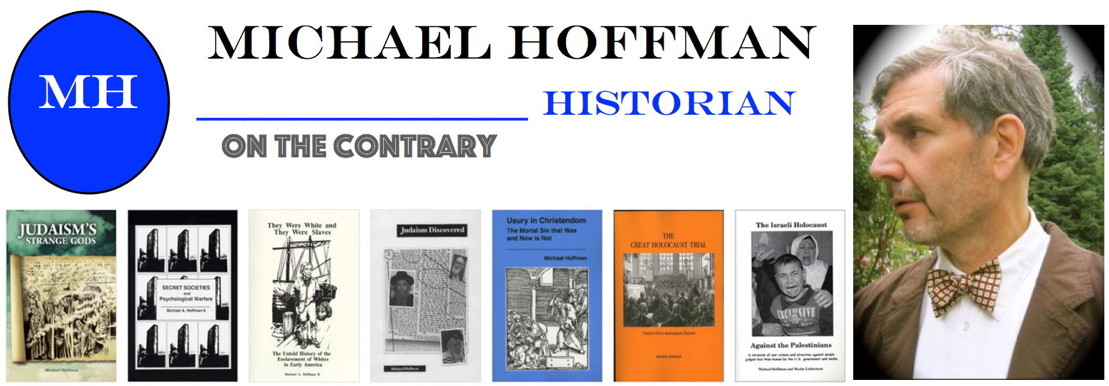

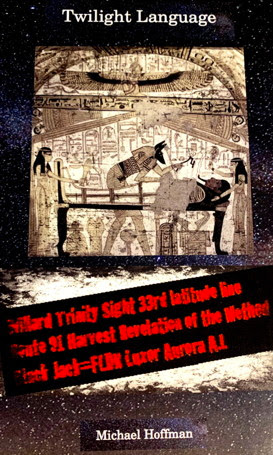

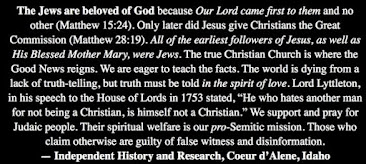
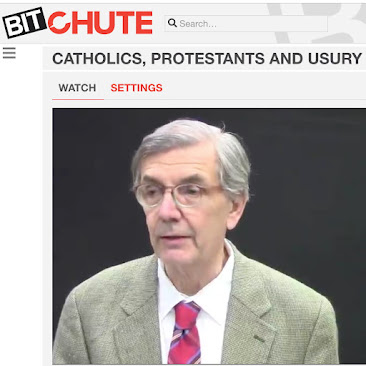


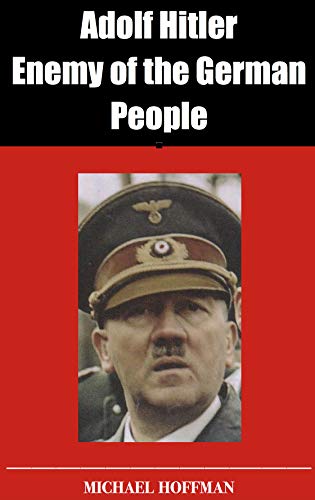





No comments:
Post a Comment